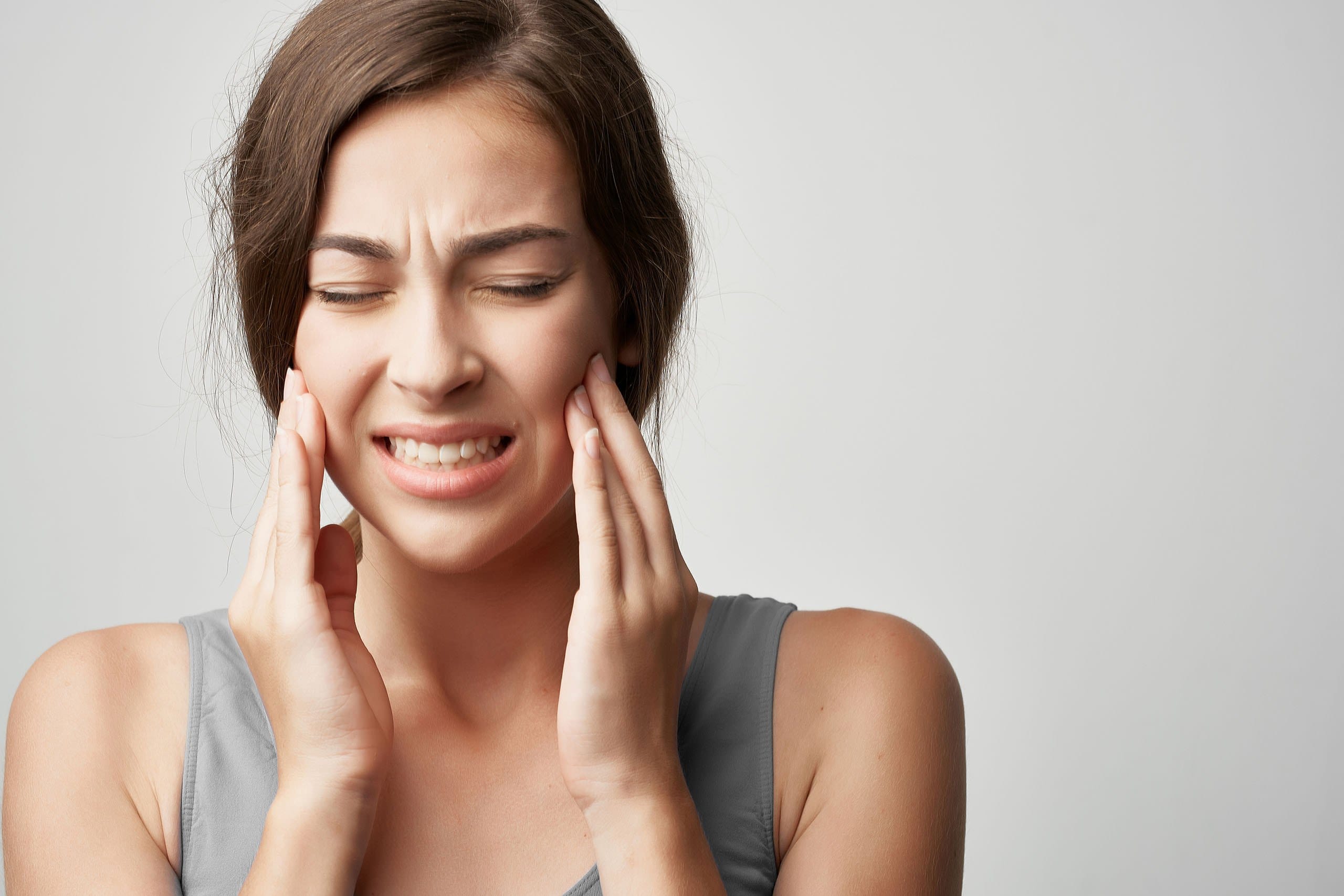Jaw Pain – Don’t Ignore the Warning Signs
If you’re dealing with persistent or severe jaw pain, it’s important to relieve the discomfort and address the underlying cause. Paramount Dental recommends the following steps:
- Use a compress: Apply a cold or warm compress to the jaw for 10–15 minutes.
- Relax the jaw: Keep it in a neutral, relaxed position as much as possible.
- Manage pain: Take ibuprofen or acetaminophen to reduce pain and inflammation.
- See a dentist promptly: Jaw pain can indicate more than just a toothache. It may be caused by an abscess, tumor, or even a serious infection. A timely diagnosis is critical.
Contact Paramount Dental
Jaw pain requires a professional evaluation. Call Paramount Dental in Roseville at (916) 898-0003 anytime day or night. Our professional team will provide recommendations for immediate pain relief and schedule you for urgent care where we will diagnose and treat the cause of your pain effectively.
Schedule A Jaw Pain Consultation
Jaw Pain FAQs
What causes jaw pain?
Common sources of jaw pain include muscle tension from clenching or grinding, TMJ inflammation, arthritis, trauma, bite changes, cracks or infection in teeth, and habits like chewing gum or nail biting.
Should I use heat or ice?
Both can help. Use cold for sharp, inflamed pain and warm/moist heat for muscle soreness and stiffness. Limit to 10–15 minutes per session, and be sure to protect the skin.
Will a nightguard help?
Most likely, yes. A custom occlusal guard can reduce the effects of clenching/grinding and protect teeth and joints. Once we assess your situation, we will confirm if it’s right for your bite.
When is jaw pain an emergency?
Seek urgent medical care if jaw pain is accompanied by chest pain, shortness of breath, facial swelling that spreads, fever, or difficulty opening the mouth. Then contact us for dental evaluation.
Can TMJ disorders go away on their own?
In some cases, TMJ disorders resolve on their own with a soft diet, use of heat/cold, habit changes, and a guard when recommended by your dental professional. If your symptoms persist or worsen, a re-evaluation is necessary.
What should I avoid during a flare?
During a flare, avoid gum, hard or chewy foods, wide yawns, leaning on your chin, and daytime clenching. Practice relaxed jaw posture with teeth apart and tongue on the palate.
